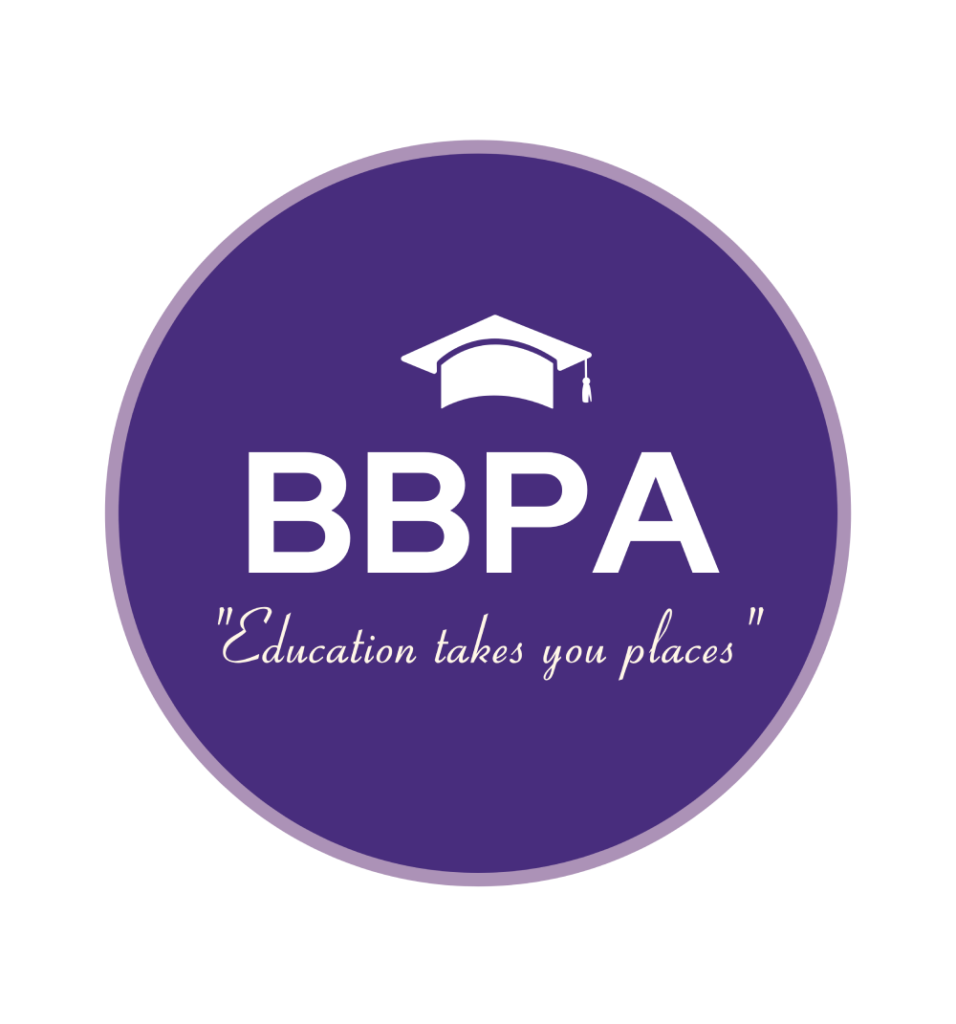Why Early Childhood Matters
When a child is born, the parts of the brain that handle thinking, and remembering as well as emotional and social behavior are underdeveloped. The fact that the brain matures in the world, rather than in the womb, means that young children are deeply affected by their early experiences. By age 3, a child’s brain has reached 90% of its adult size.
Even though we know that most brain growth takes place in the years before 5, studies show that most public spending on children takes place after 5.
Today, about 60% of children under age 5 in the United States spend an average of 30 hours a week in the care of people other than the parents.
Early childhood educators and staff are often untrained and underpaid, and adult/child ratios are often inadequate. Less than minimal care places children at risk and deprives them of the stimulating learning environment they need for healthy development.
Sensitive, nurturing relationships with parents are important for children’s healthy early development.
Parents need access to resources and information on healthy early childhood development.
Children’s earliest experiences have a profound impact on the way their brains organize and develop, and can affect their ability to learn and succeed in school as well as life.
Existing programs often fail to address children’s needs in terms of early literacy, early math skills, and social-emotional readiness.
Children who have secure and loving relationships with parents and caregivers, along with nurturing developmental experiences, are more likely to do better in school and later contribute to society.
High-Quality early care and education programs that provide children with stimulating learning opportunities as well as secure and caring relationships with qualified staff are in short supply.

